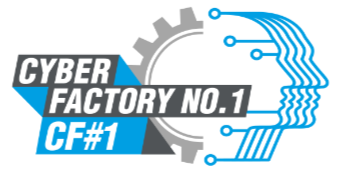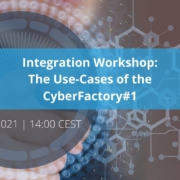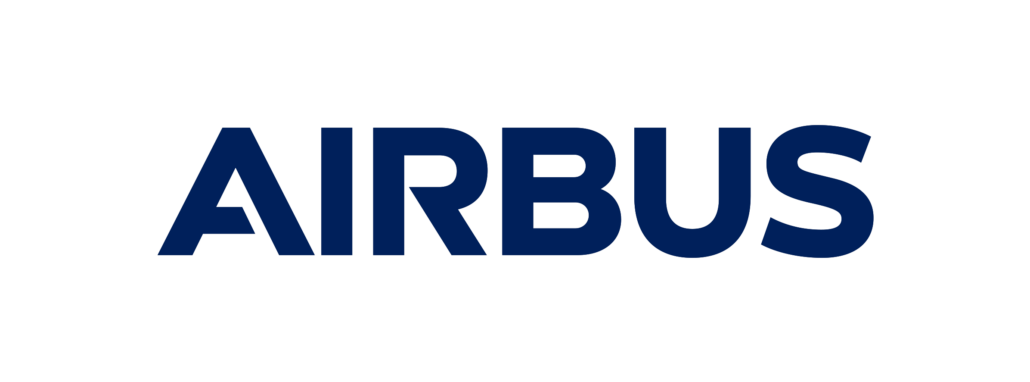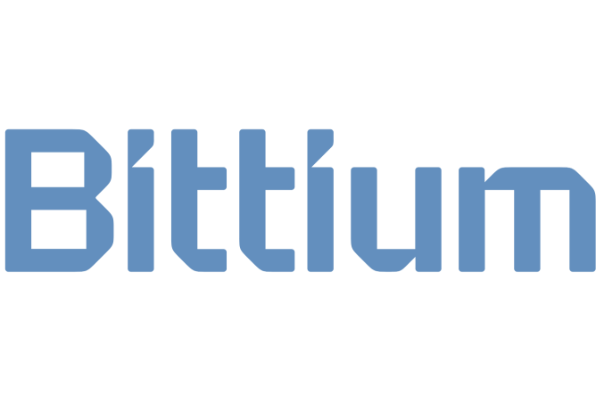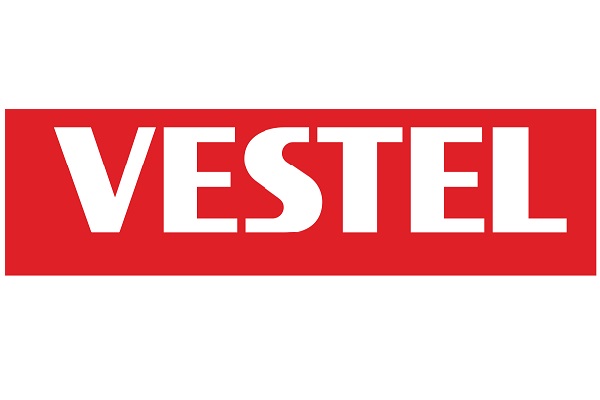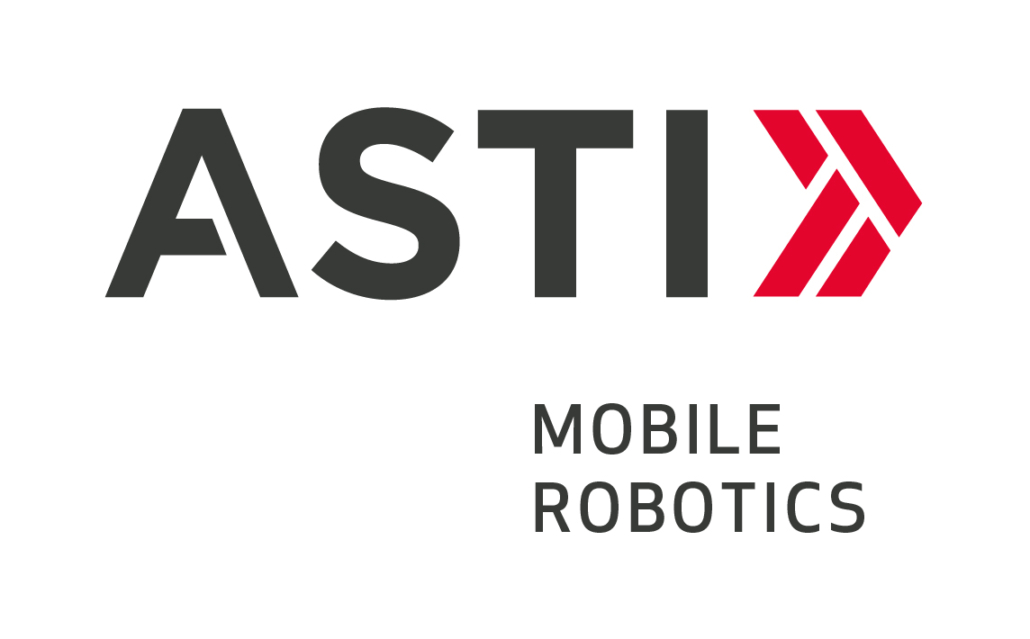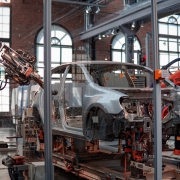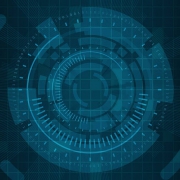Join Us For Our Integration Workshop!
This workshop will provide insights into the CyberFactory#1 Use-cases. CyberFactory#1 aims at designing, developing, integrating and demonstrating a set of key enabling capabilities to foster virtualization, optimization and resilience of the Factories of the Future (FoF). It addresses the needs of 10 pilot users from Transportation, Textile, Electronics and Machine manufacturing industries around use cases such as AI-based process monitoring/optimization, continuous quality control, collaborative robotics, robot fleet optimizations or distributed manufacturing. It will also propose preventive and reactive capabilities to address cyber and physical threats and safety concerns in Factories of the Future.
The goal of this workshop is to assess the project demonstrators against user requirements including:
• Demonstration objectives
• Capabilities involved
• Proposed architecture
• Demonstration platform
• Demonstration scenario
Date: 03. May 2021
Time: 14.00-17.15 CEST
Agenda
14.00: Use Cases 1-5
-
-
- Airbus Defence and Space “Roboshave” – Real time rivet shaving control for aircraft manufacturing
- Airbus Defence and Space “Autoclave” – Data-driven process optimization for aircraft parts forming
- Airbus Defence and Space “Gap Gun” – Real time gaps and steps measurement data collection and analysis
- S21Sec – Secure Manufacturing CPS monitoring on auxiliary automotive industry
- Bittium – Cyber secure networked supply chain and information architecture
-
15.30: Coffee Break
15.45: Use- Cases 5-10
-
-
- High Metal – Cheese making, IoT process lines and machinery
- IDEPA – Digitized Textile production with cognitive ERP
- Vestel – Optimizing Material Handling in PCB assembly lines
- Alstom – Enabling robotics involvement in large system integration
- ASTI Mobile Robotics GmbH – Simulation-based Robot fleet task allocation and optimization
-
17.15: End of Workshop
